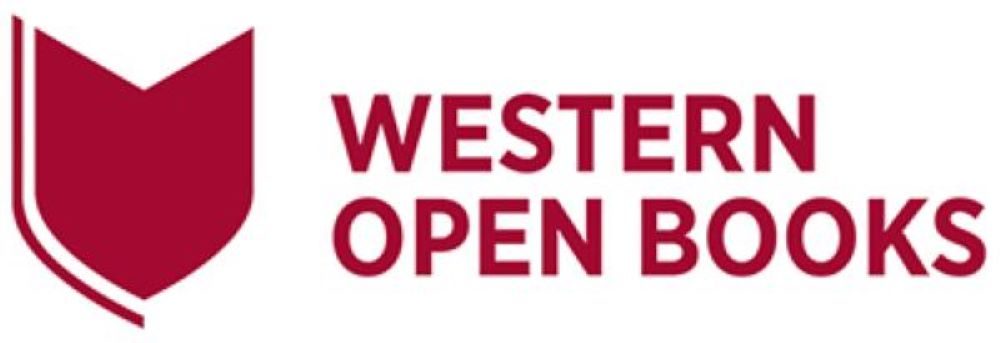Foreword
Why should you read the Business Literacy Skills Pocketbook?
It is a good question to pose as your time is valuable, as you balance study and other commitments. Yet I am very confident that engaging with the pocketbook will be an effective use of your time. It provides a succinct and highly relevant navigational guide – a GPS and sense-making device for your degree and future career.
Let’s strip that bit about GPS guidance and sense making back a little. The United Nations Educational, Scientific and Cultural Organization (UNESCO) recognises that literacy is not a one-off act and beyond conventional understandings of literacy which were limited to reading, writing and counting. Literacy is ‘now understood as a means of identification, understanding, interpretation, creation, and communication … a continuum of learning and proficiency in reading, writing and using numbers throughout life and is part of a larger set of skills, which include digital skills, media literacy, education for sustainable development and global citizenship as well as job-specific skills’. [1]
There are many definitions of literacy like UNESCO’s. Yet I favour the UNESCO definition because it emphasises the importance of a literacy continuum and recognises that there are multiple literacies. UNESCO also appreciates that that we live, study and work in different contexts. The pocketbook recognises the importance of context by addressing academic literacy through examples highly relevant to business disciplines, be it accounting, economics, finance, HR, international business, management, marketing or property. Discerning context is also important for business graduates who will work in organisations increasingly committed to sustainability and professional practice that respects and values Indigenous Australian peoples and communities, and their ways of knowing, being and doing.
The idea that literacy is a continuum is a key message for all students. You already have reading and writing skills that have been developed and recognised through your education and life experiences. The development of business literacy represents the expansion and evolution of your literacy skills – these skills are important to your degree and career success. Importantly the pocketbook recognises the contemporary impact of digital technology and digital literacy on the way we live and learn.
The pocketbook, like an effective GPS device, helps you find and identify resources that you need. Where do you search? How do you search? Given that we are often overloaded with information, how do you make your search strategies more effective? What works? What does not work? The pocketbook highlights types of business information and helps your decision making about appropriate and reputable sources of business information.
An important next step is making sense of the resources that you find. Literacy is about sense making. How do you understand, decode and evaluate information? The pocketbook outlines the purpose and meaning of critical thinking. What do me mean when we ask students to be critical thinkers and why is it important? Effective critical thinking skills will assist you to produce and justify an argument using relevant, discipline appropriate information. Literacy, which includes your ability to evaluate information, also supports your problem-solving abilities; in business disciplines this will include your ability to propose a well-formulated solution to a professional or organisational problem.
Literacy is also about producing your own resources or texts. The pocketbook addresses the writing skills that will assist you to submit your assessment work with confidence, including the ethical use of AI and other writing tools. The literacies that you develop through your degree assist you to produce resources that are discipline appropriate and suited to your audience and context.
Importantly the pocketbook addresses how to work with integrity. Effective academic work represents the influence of many ideas that we synthesise and make sense of. In presenting our own academic work we acknowledge, through citation, the contribution and influence of those sources of information and those ideas that we have utilised and relied upon. The pocketbook assists you to understand the principles and practice of academic integrity. Why it is important and how you cite material correctly. This is a key objective in both your University work and in your future professional careers. In the professional workplace, your colleagues must be confident that you have produced material independently and have acknowledged the data and information sources that you have used.
The pocketbook is concise, well set out and enables you to utilise the sections that are most directly relevant to you at any particular time, depending on your learning needs. You can routinely return to the pocketbook as you require it. Remember the advice from UNESCO – literacy is not a one-off. We are all in the process of constantly improving and refining our literacy skills. It is a lifelong endeavour and the pocketbook helps you to succeed.
My congratulations and thanks to Karen Sheehy, Paul Jewell and Todd Hillsley for producing this resource – a fantastic asset for our business students.
Professor Meg Smith
Interim Dean
School of Business
https://orcid.org/0000-0002-2829-3787
- United Nations Educational, Scientific and Cultural Organization 2024, What you need to know about literacy, viewed 26 August 2024, < https://www.unesco.org/en/literacy/need-know> ↵

